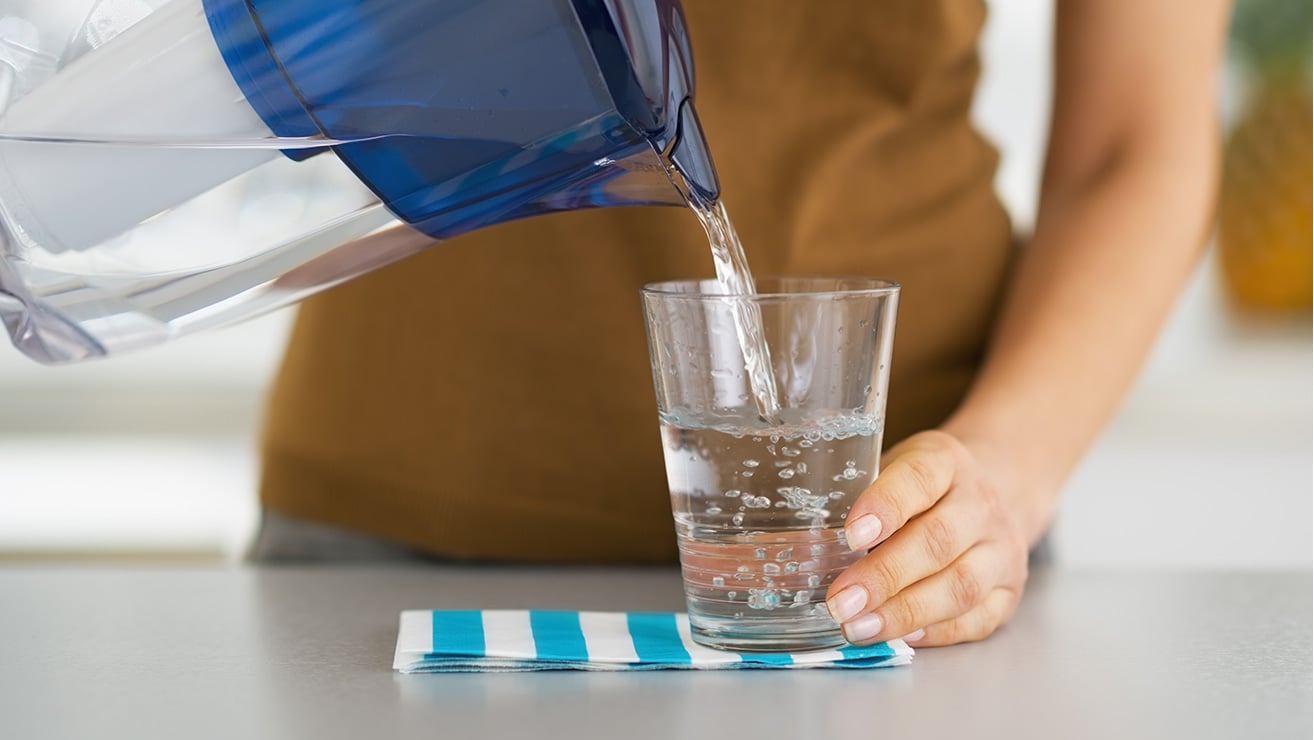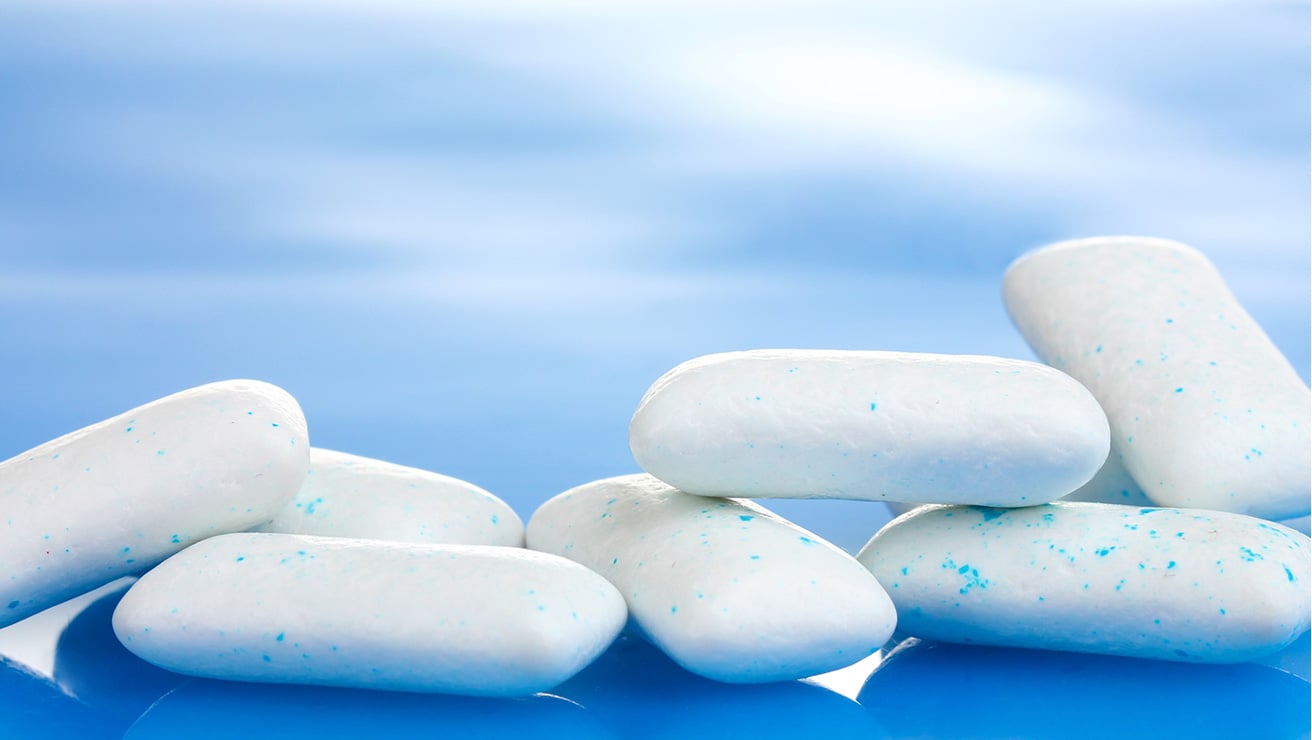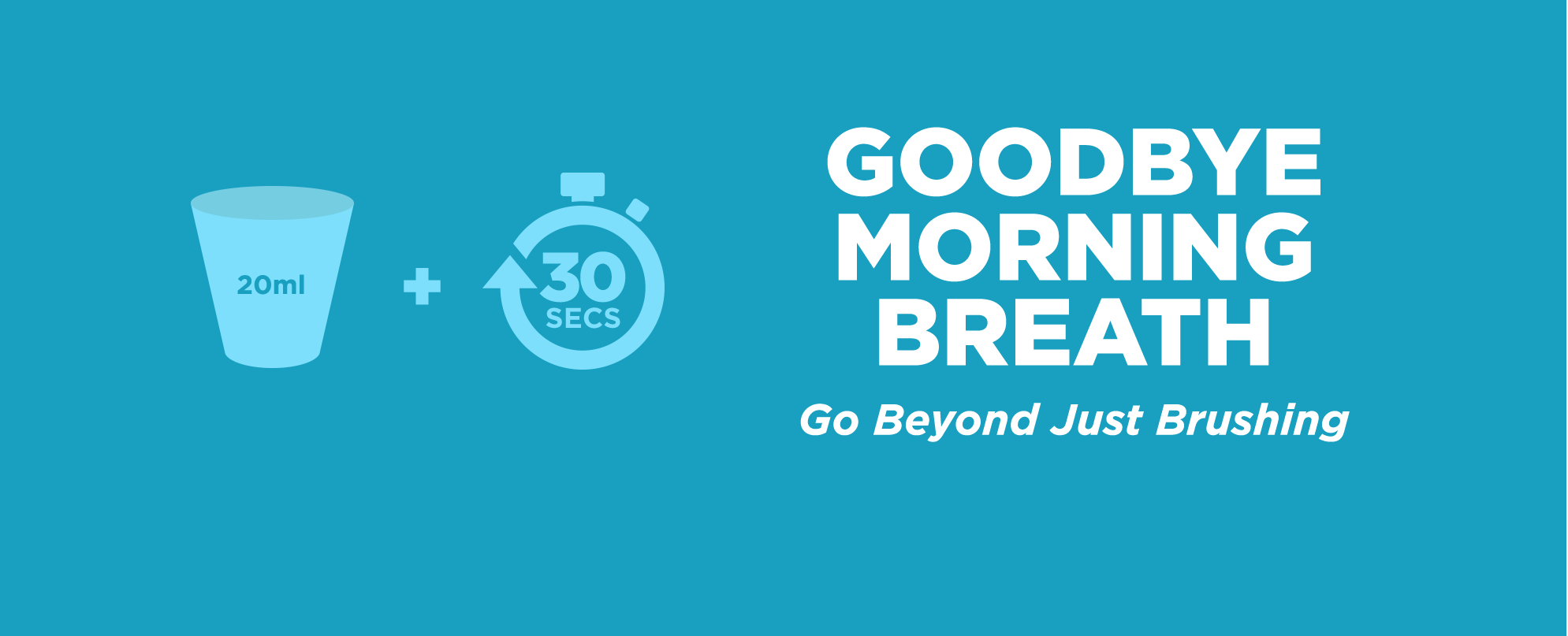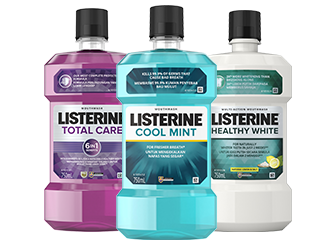Everyone has had bad breath at some point. It happens, but it can be avoided. Check out a few easy steps you can take to prevent an embarrassing situation:
Maintain Good Oral Hygiene

This is key to fighting bad breath, yet a lot of people overlook it. Ideally, you should brush and floss after every meal. This helps reduce odor-causing bacteria in your mouth. Follow this up with a twice-daily rinse to help prevent cavities and reduce bacteria-causing plaque. Use an antiseptic LISTERINE® rinse that kills bacteria, rather than a cosmetic rinse that just covers up the odor but doesn’t address the cause.
Watch What You Eat

Everything you consume gets absorbed into your bloodstream only to reappear when you breathe and speak. Pungent ingredients like garlic, onions and other spicy foods are some of the worst offenders. So eat more vegetables and herbs like celery, carrots and parsley —their higher water content will help flush your mouth of debris.
Hydrate

If you can’t follow up a meal with brushing, flossing and rinsing, drinking fluids can help cleanse your mouth of bacteria and food particles before they can start to cause problems. Water is ideal. Steer clear of soda—all that excess sugar will bind to your teeth and gums, mixing with the leftover remnants of your meal and cause bad breath.
Chew the Right Thing

Chewing a piece of sugar-free gum after you eat can help freshen up your breath and keep saliva flowing, so your mouth can naturally flush out bacteria and food particles. Gum sweetened with 100% xylitol can also help reduce cavities. Be wary of mints: at best they’ll just mask bad breath, at worst they’ll be loaded with sugar that will just stick to your teeth and add to your problem.


